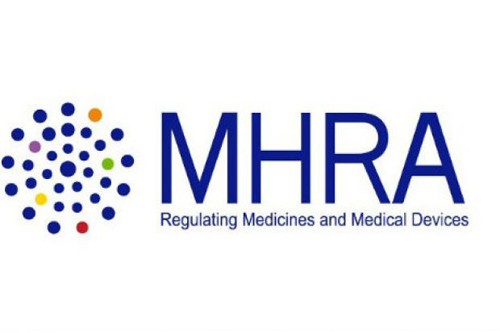
The UK drugs regulator is already being systematically excluded from working on EMA projects ahead of the Brexit transition period, it has emerged.
An Observer article reports that the Medicines and Healthcare products Regulatory Agency (MHRA) was awarded just two contracts to serve as the lead assessor on new drug applications – out of an estimated 36 pitched for this year – and will not be allocated any more as the timeframe for completing reviews could extend beyond the Brexit date.
The paper also says the UK regulator – which has traditionally handled up to a third of applications across the EU bloc – is also having existing contracts taken away to be completed by other EU27 regulators. In April, the EMA re-allocated responsibility for more than 370 centrally authorised products to new rapporteurs and co-rapporteurs from the EU27 plus Iceland and Norway.
At the time, the EMA said that despite post-Brexit transition plans, the MHRA could no longer engage in centralised regulatory procedures after 29 March 2019.
It’s a heavy blow to the MHRA, which receives a sizeable stipend – estimated at around £14m a year – from the EU for carrying out that work. The MHRA is funded mainly from fees, with a large proportion coming from pharma manufacturers, and total income from this ‘trading’ activity was £128.7m in 2016/17, according to its most recent annual report.
What is clear is that taking the MHRA’s capacity and expertise out of the EMA is contributing to a tough operating environment at the agency, which is struggling with a higher-than-expected reduction in headcount as it prepares to move from London to Amsterdam and has had to scale back its workload to only essential activities such as medicines evaluation and supervision.
Association of British Pharmaceutical Industry (ABPI) chief executive Mike Thompson told the Observer that MHRA carried out a third of all the manufacturing inspections and had picked up one third of all adverse events, so the loss of its expertise is a big blow to the EU.
News of the early downgrading of the MHRA’s status among EU regulators comes amid a tangible escalation in combative rhetoric coming from both the UK government and EU, as negotiations about the post-Brexit relationship reach the final stages.
Writing in the Sunday Telegraph, Theresa May has insisted she will not be pushed into watering down the so-called Chequers deal on issues that are in the “national interest”.
Meanwhile, chief EU negotiator Michel Barnier has said he is strongly opposed to the idea of a ‘common rulebook’ applying only to trade in goods and not services – a key part of the UK government proposals – telling German newspaper Frankfurter Allgemeine Zeitung they this would be “the end of the single market and the European project.”




